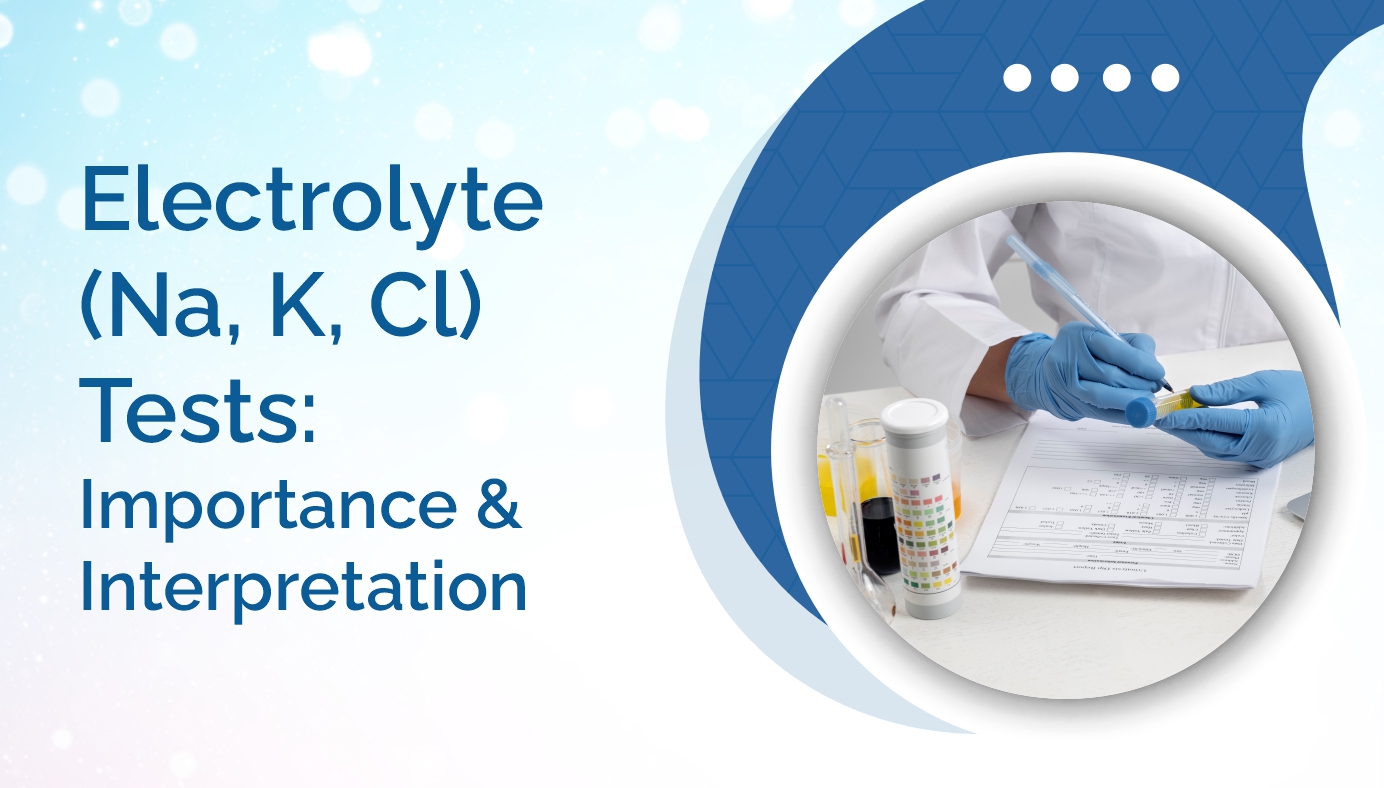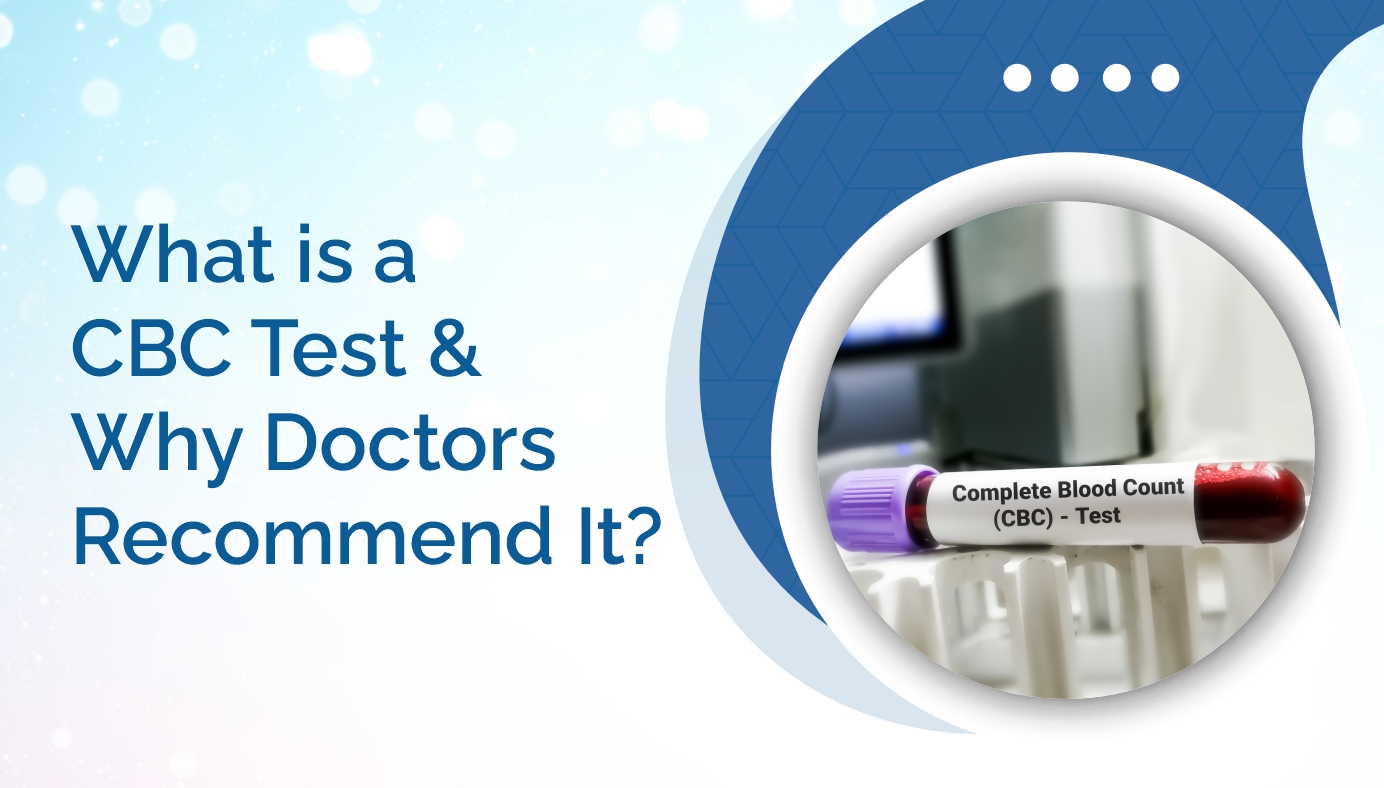


Condition
- Lifestyle Packages
- Lifestyle Packages
- Diabetes
- Diabetes
- Top tests
- Lifestyle Packages
- Top tests
- Top tests
- Lifestyle Packages
- Top tests
- Top tests
- Top tests
- Lifestyle Packages
- Infectious
- Preventive Health Checkup
- Diabetes
- Diabetes
- Preventive Health Checkup
- Top tests
- Top tests
- Heart Disease & Hypertension
- Lifestyle Packages
- Preventive Health Checkup
- Diabetes
- Diabetes
- Preventive Health Checkup
- Preventive Health Checkup
- Top tests
- Lifestyle Packages
- Diabetes
- Preventive Health Checkup
- Top tests
- Lifestyle Packages
- Diabetes
- Diabetes
- Diabetes
- Diabetes
- Diabetes
- Diabetes
- Preventive Health Checkup
- Preventive Health Checkup
- Diabetes
- Preventive Health Checkup
- Preventive Health Checkup
- Genomics
- Others
- Others
- Others
- Preventive Health Checkup
- Pulmonary / Infectious
- Diabetes
- Diabetes
- Others
- Preventive Health Checkup
- Others
- Preventive Health Checkup
- Top tests
- Others
- Genetics
- Others
- Gastrointestinal / Skeletomuscular
- Gastrointestinal / Skeletomuscular
- Others
- Others
- Others
- Others
- Others
- Others
- Others
- Others
- Others
- Others
- Others
- Others
- Others
- Others
- Others
- Others
- Others
- Others
- Others
- Others
- Others
- Others
- Others
- Others
- Others
- Others
- Others
- Others
- Others
- Others
- Others
- Others
- Others
- Others
- Others
- Others
- Others
- Others
- Others
- Others
- Others
- Others
- Others
- Others
- Others
- Others
- Others
- Others
- Others
- Others
- Others
- Others
- Others
- Others
- Others
- Others
- Others
- Others
- Others
- Others
- Others
- Others
- Others
- Others
- Others
- Others
- Top tests
- Top tests
- Top tests
- Top tests
- Top tests
- Top tests
- Top tests
- Top tests
- Top tests
- Preventive Health Checkup
- Top tests
- Top tests
- Top tests
- Top tests
- Blood Banking & Transfusion
- Lifestyle Packages
- Blood Banking & Transfusion
- Blood Banking & Transfusion
- Top tests
- Top tests
- Lifestyle Packages
- Diabetes
- Blood Banking & Transfusion
- Blood Banking & Transfusion
- Blood Banking & Transfusion
- Blood Banking & Transfusion
- Blood Banking & Transfusion
- Others
- Others
- Others
- Others
- Blood Banking & Transfusion
- Blood Banking & Transfusion
- Blood Banking & Transfusion
- Blood Banking & Transfusion
- Vitamin Deficiency
- Vitamin Deficiency
- Vitamin Deficiency
- Vitamin Deficiency
- Vitamin Deficiency
- Blood Banking & Transfusion
- Blood Banking & Transfusion
- Blood Banking & Transfusion
- Blood Banking & Transfusion
- Diabetes
- Diabetes
- Heart Disease & Hypertension
- Preventive Health Checkup
- Diabetes
- Preventive Health Checkup
- Preventive Health Checkup
- Diabetes
- Diabetes
- Heart Disease & Hypertension
- Top tests
- Heart Disease & Hypertension
- Diabetes
- Top tests
- Diabetes
- Heart Disease & Hypertension
- Lifestyle Packages
- Heart Disease & Hypertension
- Lifestyle Packages
- Heart Disease & Hypertension
- Heart Disease & Hypertension
- Lifestyle Packages
- Preventive Health Checkup
- Preventive Health Checkup
- Top tests
- Preventive Health Checkup
- Heart Disease & Hypertension
- Heart Disease & Hypertension
- Heart Disease & Hypertension
- Top tests
- Top tests
- Lifestyle Packages
- Heart Disease & Hypertension
- Heart Disease & Hypertension
- Top tests
- Heart Disease & Hypertension
- Preventive Health Checkup
- Diabetes
- Lifestyle Packages
- Heart Disease & Hypertension
- Top tests
- Heart Disease & Hypertension
- Heart Disease & Hypertension
- Diabetes
- Lifestyle Packages
- Preventive Health Checkup
- Diabetes
- Top tests
- Diabetes
- Allergy
- Heart Disease & Hypertension
- Diabetes
- Heart Disease & Hypertension
- Diabetes
- Lifestyle Packages
- Lifestyle Packages
- Top tests
- Preventive Health Checkup
- Lifestyle Packages
- Preventive Health Checkup
- Preventive Health Checkup
- Diabetes
- Top tests
- Heart Disease & Hypertension
- Preventive Health Checkup
- Top tests
- Heart Disease & Hypertension
- Lifestyle Packages
- Lifestyle Packages
- Diabetes
- Preventive Health Checkup
- Top tests
- Diabetes
- Top tests
- Preventive Health Checkup
- Preventive Health Checkup
- Preventive Health Checkup
- Diabetes
- Lifestyle Packages
- Lifestyle Packages
- Heart Disease & Hypertension
- Lifestyle Packages
- Heart Disease & Hypertension
- Lifestyle Packages
- Preventive Health Checkup
- Preventive Health Checkup
- Preventive Health Checkup
- Lifestyle Packages
- Top tests
- Lifestyle Packages
- Top tests
- Lifestyle Packages
- Top tests
- Diabetes
- Diabetes
- Others
- Blood Disorders
- Top tests
- Others
- Others
- Others
- Fever
- Fever
- Blood Disorders
- Blood Disorders
- Preventive Health Checkup
- Preventive Health Checkup
- Profile
- Kidney Disease
- Kidney Disease
- Diabetes
- Diabetes
- Heart Disease & Hypertension
- Preventive Health Checkup
- Lifestyle Packages
- Thyroid Disorder
- Diabetes
- Diabetes
- Diabetes
- Diabetes
- Diabetes
- Diabetes
- Diabetes
- Top tests
- Allergy
- Top tests
- Top tests
- Top tests
- Top tests
- Diabetes
- Top tests
- Diabetes
- Top tests
- Top tests
- Top tests
- Liver Disease
- Diabetes
- Top tests
- Vitamin Deficiency
- Top tests
- Top tests
- Liver Disease
- Top tests
- Top tests
- Top tests
- Anemia
- Anemia
- Anemia
- Diabetes
- Diabetes
- Anemia
- Top tests
- Top tests
- Top tests
- Preventive Health Checkup
- Thyroid Disorder
- Heart Disease & Hypertension
- Top tests
- Preventive Health Checkup
- Diabetes
- Heart Disease & Hypertension
- Top tests
- Fever
- Allergy
- Liver Disease
- Lifestyle Packages
- Heart Disease & Hypertension
- Top tests
- Arthritis
- Top tests
- Top tests
- Heart Disease & Hypertension
- Kidney Disease
- Preventive Health Checkup
- Allergy
- Top tests
- Lifestyle Packages
- Top tests
- Kidney Disease
- Top tests
- Lifestyle Packages
- Top tests
- Preventive Health Checkup
- Preventive Health Checkup
- Top tests
- Top tests
- Vitamin Deficiency
- Allergy
- Diabetes
- Top tests
- Top tests
- Top tests
- Top tests
- Heart Disease & Hypertension
- Allergy
- Top tests
- Preventive Health Checkup
- Top tests
- Top tests
- Infertility
- Top tests
- Lifestyle Packages
- Allergy
- Diabetes
- Heart Disease & Hypertension
- Lifestyle Packages
- Preventive Health Checkup
- Preventive Health Checkup
- Top tests
- Preventive Health Checkup
- Top tests
- Diabetes
- Top tests
- Infertility
- Top tests
- Thyroid Disorder
- Top tests
- Allergy
- Preventive Health Checkup
- Vitamin Deficiency
- Top tests
- Top tests
- Infertility
- Lifestyle Packages
- Diabetes
- Liver Disease
- Kidney Disease
- Vitamin Deficiency
- Top tests
- Heart Disease & Hypertension
- Heart Disease & Hypertension
- Top tests
- Heart Disease & Hypertension
- Heart Disease & Hypertension
- Heart Disease & Hypertension
- Infertility
- Heart Disease & Hypertension
- Vitamin Deficiency
- Vitamin Deficiency
- Arthritis
- Arthritis
- Top tests
- Top tests
- Lifestyle Packages
- Preventive Health Checkup
- Lifestyle Packages
- Preventive Health Checkup
- Vitamin Deficiency
- Top tests
- Lifestyle Packages
- Lifestyle Packages
- Preventive Health Checkup
- Top tests
- Preventive Health Checkup
- Top tests
- Heart Disease & Hypertension
- Infertility
- Top tests
- Top tests
- Preventive Health Checkup
- Lifestyle Packages
- Top tests
- PCOD
- Preventive Health Checkup
- Lifestyle Packages
- Preventive Health Checkup
- Top tests
- Fever
- PCOD
- Kidney Disease
- Top tests
- Top tests
- Preventive Health Checkup
- Preventive Health Checkup
- Liver Disease
- Thyroid Disorder
- Top tests
- Heart Disease & Hypertension
- PCOD
- Top tests
- Arthritis
- Preventive Health Checkup
- Kidney Disease
- Lifestyle Packages
- Top tests
- Allergy
- Top tests
- Top tests
- Diabetes
- Thyroid Disorder
- Preventive Health Checkup
- Top tests
- Lifestyle Packages
- Preventive Health Checkup
- Top tests
- Kidney Disease
- Liver Disease
- Infertility
- Top tests
- Anemia
- Top tests
- Top tests
- Top tests
- Preventive Health Checkup
- Bone Health
- Cancer
- Fatty Liver

Tests
Feeling tired all the time? You're not alone. Fatigue is a common complaint that affects millions of people worldwide, often disrupting daily life and diminishing overall quality of living. While lifestyle factors like poor sleep, stress, and an unbalanced diet can contribute to fatigue, underlying health issues are frequently overlooked. That's where blood tests come in. They can reveal hidden problems that might be zapping your energy. If you find yourself constantly reaching for another cup of coffee just to get through the day, it may be time to dig deeper into your health.
Understanding Fatigue
Fatigue isn't just about feeling sleepy. It's a persistent feeling of exhaustion that doesn't go away with rest. It can affect your motivation, concentration, and overall zest for life. While occasional tiredness is normal, chronic fatigue warrants a closer look. Your body could be signaling that something's off, and blood tests can help identify those hidden issues. Understanding the root cause of your fatigue is the first step toward reclaiming your energy and vitality.
The Importance of Blood Tests
Blood tests are invaluable tools for diagnosing various health conditions that may contribute to fatigue. They provide a snapshot of your internal health, revealing imbalances and deficiencies that could be the root cause of your tiredness. By identifying these issues, you and your healthcare provider can take targeted actions to address them, potentially improving your energy levels and overall well-being. Blood tests offer a scientific approach to understanding fatigue, ensuring that you're not just treating symptoms but addressing underlying causes.
Complete Blood Count (CBC)
A Complete Blood Count (CBC) is a comprehensive blood test that measures various components of your blood, including red blood cells, white blood cells, and platelets. This test is crucial for detecting conditions like anemia, which can cause extreme fatigue. Anemia occurs when your blood doesn't have enough red blood cells to carry oxygen to your tissues, leaving you feeling weak and exhausted. A CBC can also identify infections and inflammatory diseases that may be contributing to your fatigue.
Why a CBC Matters
A CBC offers a broad overview of your health. Low red blood cell counts can indicate anemia, while high white blood cell counts might signal an infection or inflammation. Both conditions can sap your energy, making a CBC an essential first step in diagnosing the cause of your fatigue.
Interpreting CBC Results
Understanding your CBC results can be complex, but your healthcare provider can help you interpret them. Low hemoglobin levels, for example, are a common indicator of anemia. Elevated white blood cell counts may point to an underlying infection that needs to be addressed. By pinpointing these issues, you can take targeted action to improve your health and energy levels.
Next Steps After a CBC
If your CBC reveals any abnormalities, your healthcare provider may recommend further testing or treatments. For instance, if anemia is detected, iron supplements or dietary changes may be suggested. Addressing these issues can significantly improve your energy levels and overall quality of life.
Thyroid Function Tests
Your thyroid gland plays a pivotal role in regulating your metabolism, energy production, and overall mood. Thyroid function tests measure levels of thyroid hormones in your blood, helping to diagnose conditions like hypothyroidism or hyperthyroidism. Both conditions can lead to fatigue, with hypothyroidism slowing down your metabolism and hyperthyroidism speeding it up, leaving you feeling drained.
The Role of the Thyroid
The thyroid gland produces hormones that regulate many of your body's functions. When it's not working correctly, everything from your energy levels to your weight can be affected. Thyroid function tests measure levels of Thyroid Stimulating Hormone (TSH), T3, and T4 to assess thyroid health.
Signs of Thyroid Issues
Symptoms of thyroid issues can be varied and often overlap with other conditions. Common signs include unexplained weight changes, mood swings, and, of course, fatigue. If you're experiencing these symptoms, thyroid function tests can provide critical insights.
Treatment Options for Thyroid Disorders
If thyroid dysfunction is identified, treatment options are available. Hypothyroidism is often treated with synthetic thyroid hormones, while hyperthyroidism may require medication, radioactive iodine, or surgery. Proper treatment can restore your energy levels and improve your overall well-being.
Iron Panel
Iron is a vital mineral that your body needs to produce red blood cells. An iron panel measures various aspects of your iron levels, including serum iron, ferritin, and transferrin. Low iron levels can lead to iron-deficiency anemia, a common cause of fatigue, particularly in women. An iron panel can help determine if your fatigue is due to low iron levels and guide appropriate treatment.
Importance of Iron
Iron is crucial for transporting oxygen in your blood. Without enough iron, your muscles and tissues don't get the oxygen they need to function efficiently, leading to fatigue. An iron panel provides a detailed look at your iron levels and helps diagnose iron-deficiency anemia.
Symptoms of Iron Deficiency
Common symptoms of iron deficiency include fatigue, weakness, pale skin, and shortness of breath. If you experience these symptoms, an iron panel can confirm whether low iron levels are the culprit.
Treating Iron Deficiency
If you're diagnosed with iron-deficiency anemia, treatment options include iron supplements and dietary changes. Foods rich in iron, such as red meat, spinach, and lentils, can help boost your iron levels. Addressing iron deficiency can significantly improve your energy and overall health.
Vitamin D Test
Vitamin D plays a crucial role in maintaining bone health, supporting the immune system, and regulating mood. Low levels of vitamin D can lead to fatigue and general malaise. A simple blood test can measure your vitamin D levels and determine if supplementation is needed. Given that many people have suboptimal vitamin D levels, especially those living in areas with limited sunlight, this test is particularly important.
The Role of Vitamin D
Vitamin D is essential for various bodily functions, including calcium absorption and immune system support. It also influences mood and energy levels. A deficiency can lead to fatigue, muscle weakness, and mood changes.
Symptoms of Vitamin D Deficiency
Signs of vitamin D deficiency include fatigue, bone pain, muscle weakness, and mood changes. If you experience these symptoms, a vitamin D test can provide valuable insights into your health.
Boosting Vitamin D Levels
If your vitamin D levels are low, supplementation and lifestyle changes can help. Spending more time outdoors and consuming foods rich in vitamin D, such as fatty fish and fortified dairy products, can improve your levels. Supplements are also an effective way to ensure you get enough vitamin D.
Vitamin B12 Test
Vitamin B12 is essential for nerve function, red blood cell production, and DNA synthesis. A deficiency can lead to fatigue, weakness, and even neurological issues. A blood test can measure your vitamin B12 levels and determine if you need supplementation. Vegetarians, vegans, and older adults are particularly at risk for B12 deficiency, making this test crucial for these groups.
Importance of Vitamin B12
Vitamin B12 plays a vital role in maintaining nerve health and producing red blood cells. Without enough B12, your body can't produce healthy red blood cells, leading to anemia and fatigue.
Symptoms of B12 Deficiency
Common signs of B12 deficiency include fatigue, weakness, pale skin, and neurological issues like numbness or tingling. If you experience these symptoms, a B12 test can provide clarity.
Addressing B12 Deficiency
If you're diagnosed with a B12 deficiency, treatment options include supplements and dietary changes. Foods rich in B12, such as meat, dairy, and fortified cereals, can help boost your levels. Supplements are also an effective way to ensure you get enough B12.
Conclusion
Feeling tired all the time can significantly impact your quality of life. By understanding and addressing the root causes of your fatigue, you can take steps toward reclaiming your energy and vitality. Blood tests like the Complete Blood Count, Thyroid Function Tests, Iron Panel, Vitamin D Test, and Vitamin B12 Test offer invaluable insights into your health. If you're experiencing persistent fatigue, consider discussing these tests with your healthcare provider. Taking proactive steps to understand and address your health can lead to a more energized, fulfilling life.
WANT TO BOOK HEALTH CHECKUP ?
Categories
Lifestyle Packages
43
Diabetes
56
Top tests
111
Infectious
1
Preventive Health Checkup
59
Heart Disease & Hypertension
38
Genomics
1
Others
81
Pulmonary / Infectious
1
Genetics
1
Gastrointestinal / Skeletomuscular
2
Blood Banking & Transfusion
16
Vitamin Deficiency
12
Allergy
9
Blood Disorders
3
Fever
4
Profile
1
Kidney Disease
8
Thyroid Disorder
5
Liver Disease
6
Anemia
5
Arthritis
4
Infertility
6
PCOD
3
Bone Health
1
Cancer
1
Fatty Liver
1
Recent Blogs
Electrolyte (Na, K, Cl) Tests: Importance and Interpretation
The human body is a complex biological system that relies on a delicate balance of chemicals...
27-01-2026
What Is a CBC Test and Why Doctors Recommend It
A CBC is often the first step in diagnosing a broad spectrum of medical conditions, ranging...
27-01-2026
Signs Your Body Is Deficient in Essential Vitamins
The human body is a complex biological machine that requires a specific balance of nutrients...
27-01-2026







